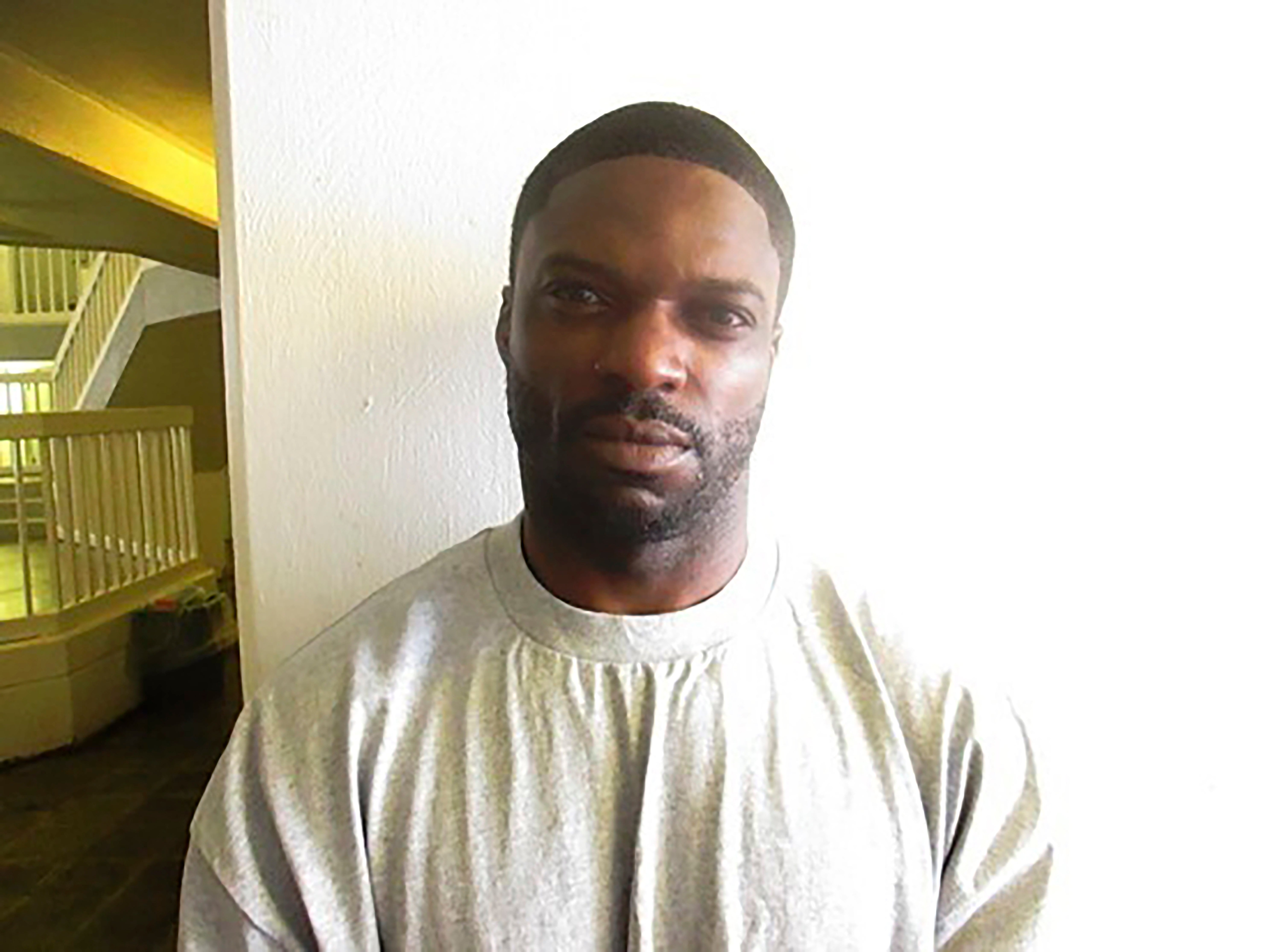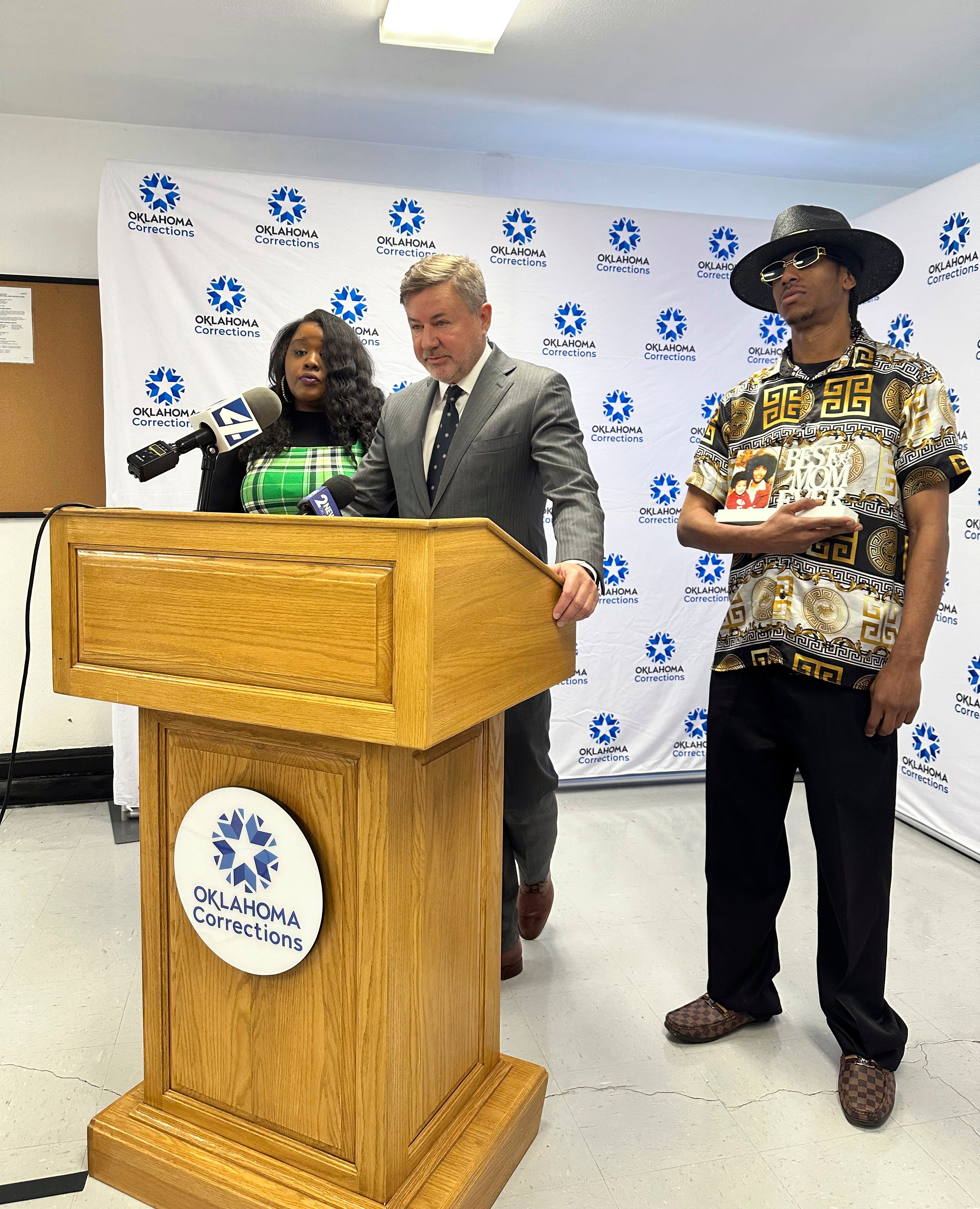Oklahoma executes Michael Smith for 2002 murders even as he maintained innocence
An attorney for Smith argued his client was in a PCP-induced haze when he confessed to police

Oklahoma has executed death row inmate Michael Smith for two murders the state said he committed in 2002.
Smith died at 10.20am CT on Thursday by lethal injection using doses of midazolam, vecuronium bromide and potassium chloride. Officials with the Department of Corrections said that Smith did not give a final statement before being executed.
Smith was convicted of killing Janet Moore, 41, and Sharath Pulluru, 22, in fatal shootings in February of 2002.
His death was announced after the US Supreme Court denied a request from his attorney to stay his execution. His attorneys argued that his 2002 confession to the police might not have been adequately corroborated.
Justice Neil Gorsuch did not take part in making the decision and was recused from the case.
“Today’s event and the circumstances that led to it have affected many people – especially the family and friends of victims Janet Moore and Sharath Pulluru”, Oklahoma’s Department of Corrections Director Steven Harpe said.
Smith, 41, had been in custody for 20 years. He became the first person to be put to death in Oklahoma this year. He’s also the 12th inmate to be put to death since the state resumed executions in 2021. The state had put executions on hold due to problems with the procedures around 2014.
At a clemency hearing last month, Smith broke into tears as he spoke about his innocence regarding the crimes.
“I didn’t commit these crimes. I didn’t kill these people,” he said. “I was high on drugs. I don’t even remember getting arrested”. His clemency application was denied 4-1.

Prosecutors previously described Smith as a gang member who killed his victims for revenge. It’s believed that he killed Ms Moore because he was looking for her son, who Smith thought had given his identity to police.
Pulluru was a convenience store clerk, who Smith thought had disrespected his gang. Mark Henricksen, an attorney for Smith argued that his client is intellectually disabled and should be allowed to spend his life behind bars.
He added that Smith was in a PCP-induced haze when he confessed to police and that elements of his confession were not supported by facts.
Reverend Don Heath, Oklahoma Coalition to Abolish the Death Penalty chair, made the following statement in response to the execution.
“Michael Smith was a troubled and vulnerable young man with intellectual disabilities,” he said. “He was ill-served by advisers who encouraged him to proclaim his innocence instead of accepting responsibility for his crimes. That cost him any chance for clemency. He needed mercy and forgiveness and got none”.
Smith did not request a final meal.
Bookmark popover
Removed from bookmarks